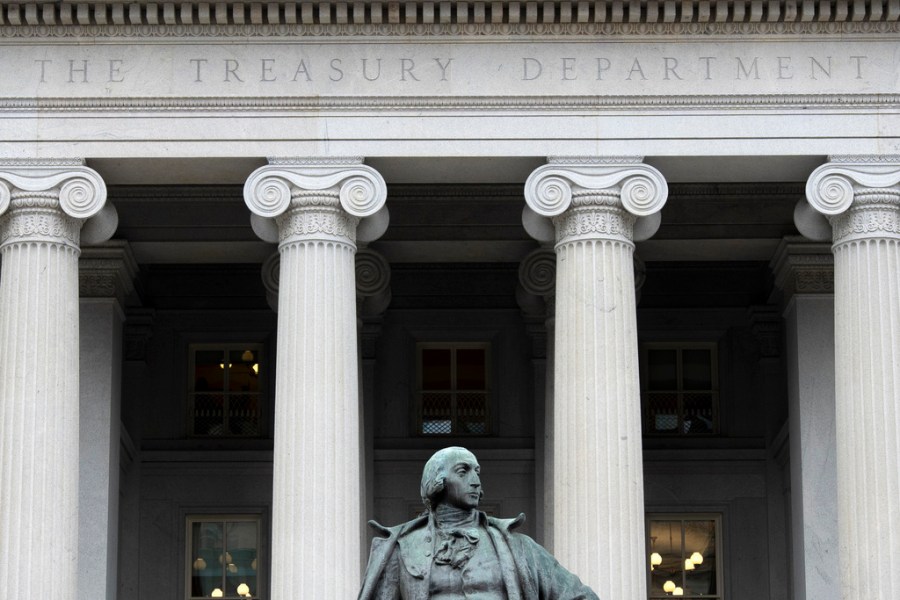The administration of former President Donald Trump has taken a significant step to protect businesses and consumers in the financial sector. On October 18, 2023, an executive order was issued that prohibits regulators from considering “reputational risk” during their evaluations of financial institutions. This directive aims to provide a more stable environment for businesses and remove barriers that may hinder their operations.
The implications of this order are substantial. By eliminating reputational risk as a factor in regulatory examinations, financial institutions may find it easier to navigate compliance requirements without the fear of being judged based on public perception. The executive order is seen as a victory for both businesses that operate within a complex regulatory landscape and consumers who rely on stable financial services.
Call for Legislative Action
Supporters of the executive order are urging Congress to codify this measure into law. They argue that formalizing the prohibition against using reputational risk will create a more predictable regulatory environment, ultimately benefiting the economy. Alongside this, advocates are pushing for the modernization of outdated anti-money laundering laws, which could further enhance consumer protection and ensure that financial institutions do not face undue scrutiny based on subjective evaluations.
According to industry experts, modernizing anti-money laundering regulations alongside the executive order could help streamline operations for financial institutions while maintaining the integrity of the financial system. The current laws have not kept pace with the evolving financial landscape, leading to calls for reform that would balance regulatory oversight with the needs of the market.
Potential Economic Impact
The decision from the Trump administration could lead to a more dynamic financial environment, potentially spurring growth in various sectors. By reducing the burden of reputational risk, businesses may be more inclined to innovate and expand, knowing they are not at risk of being penalized for public perception issues.
This move has been largely welcomed by the financial sector, which has often complained about the subjective nature of reputational evaluations. Industry leaders contend that the focus should remain on concrete financial metrics rather than abstract reputational concerns, which can vary widely in interpretation.
As the executive order takes effect, the broader implications will unfold in the coming months. Stakeholders across the financial landscape will be closely monitoring how this policy influences regulatory practices and impacts consumer confidence. The hope is that by prioritizing measurable criteria over reputational concerns, the financial sector can operate more efficiently and effectively serve the needs of its clients.
In summary, the Trump administration’s executive order marks a pivotal moment in the ongoing dialogue about the balance between regulation and market freedom. With Congress being called upon to solidify these changes into law, the outcome could shape the future of financial regulation in the United States for years to come.







































































